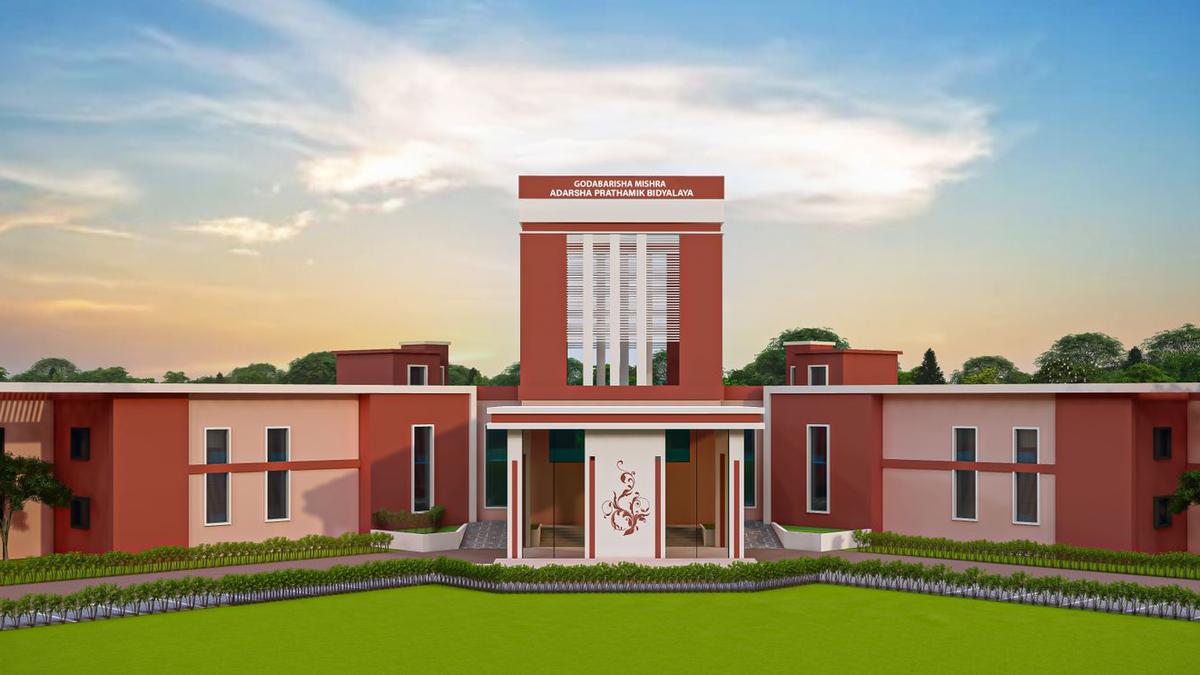The Tamil Nadu State Agricultural Marketing Board (TNSAMB) has sought Geographical Indication (GI) tag for five agricultural products, a move that is expected to benefit farmers involved in their production in the long run.
As per the Tamil Nadu Agriculture Budget 2025-26, a total of ₹15 lakh will be allocated to obtain GI for the five products — Nallur Varagu, a variety of millet (Cuddalore); Vedharanyam Mullai, (Nagapattinam); Natham Puli, (Dindigul); Ayakudi Koyya (Dindigul), and Kappalpatti Karumbu Murungai (Dindigul).
Prior to filing the application for these products, extensive research and back-end analysis were conducted by the Madurai Agribusiness Incubation Forum, an initiative supported by NABARD and Tamil Nadu Agricultural University (TNAU).
A senior official from the TNSAMB said that farmers have been benefiting from the GI tags.
The Nallur Varagu is cultivated in the Nallur region of Kurinjipadi Taluk in Cuddalore. Traditionally, elders in villages recommend this for convalescents and children due to its bone-strengthening as well as blood-sugar-regulating properties.
This millet variety is sown during July and August, and harvested between October and November. The crop matures in 90 to 100 days, with yields ranging from 800 to 1,200 kg/ha under rain-fed conditions, and up to 1,400 kg/ha with improved agronomic practices and inter-cropping. The plant grows up to 120 cm tall, bearing slender green leaves and compact seed heads.
Vedharanyam Mullai, is a culturally significant jasmine cultivated in the coastal region of Vedharanyam in Nagapattinam. The flowers are highly valued for their intense natural fragrance, long shelf life, and remarkable ability to retain freshness and scent for up to 24 hours after harvesting. Cultivated commercially from February to September, with peak blooming from April to July, the flowers are harvested before dawn to preserve maximum freshness.
Ayakudi Guava, locally known as Ayakudi Koyya Pazham, is cultivated in the village of Ayakudi near Palani in Dindigul. It is grown in red loamy and sandy loam soils, which are well-drained and rich in organic matter, with a pH range of 6.0 to 7.5.
The Natham Tamarind which comes from Natham Taluk in Dindigul has thick pulp, low fibre and seed content, high tartaric acid concentration, (ranging between 8–14%), and natural long shelf life.
The last product, Kappalpatti Karumbu Murungai is well known for its exceptionally long, thick, and tender pods that resemble sugarcane. Cultivated over 3,500 to 5,000 acres, the crop has a short duration of 90–100 days, typically sown in September-October and harvested by December–January. A second crop cycle is occasionally grown with irrigation. Each acre yields 20–28 bundles, each weighing 50–65 kg.



.png)
.png)
.png)
















 4 hours ago
5
4 hours ago
5









 English (US) ·
English (US) ·